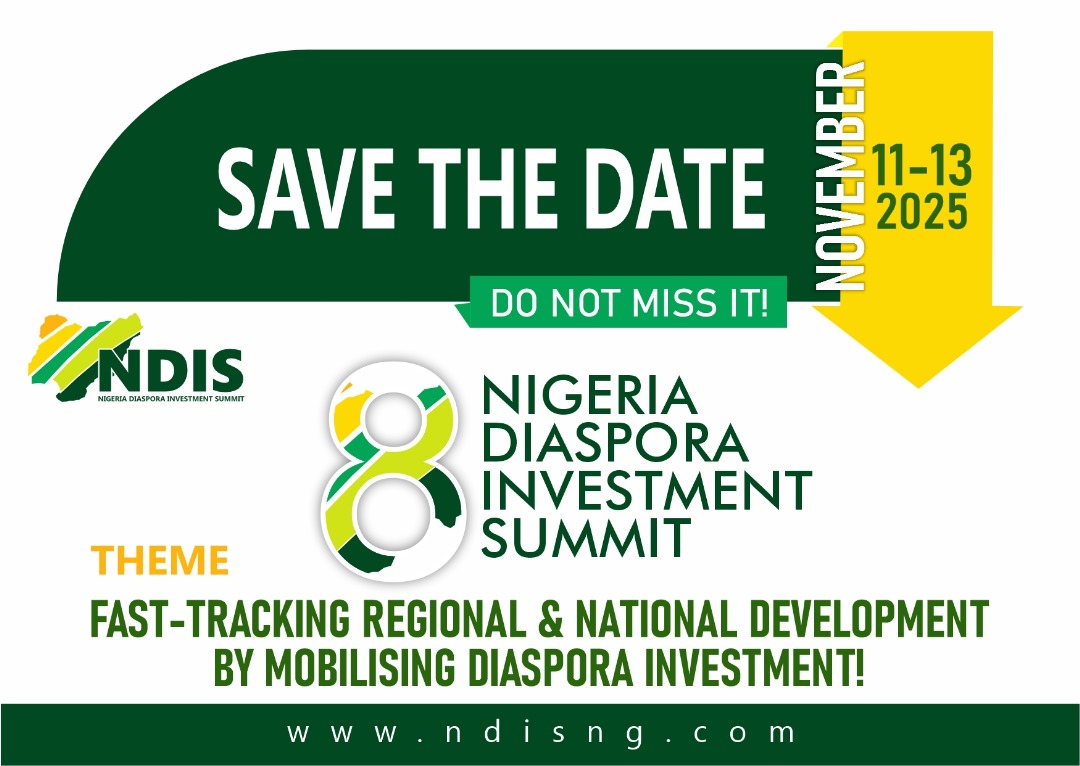Nigeria and Brazil have reaffirmed their commitment to deepening bilateral relations as senior government officials from both countries gathered in Abuja on Tuesday for the second session of the Nigeria-Brazil Strategic Dialogue Mechanism.
The meeting, held at the Conference Centre of the Presidential Villa, highlighted a renewed push to strengthen long-standing ties between the two nations, which share a diplomatic history dating back to the 1960s.
Nigeria’s Minister of Foreign Affairs, Yusuf Tuggar, in his opening address, emphasized the deep connections between the two countries.
He credited Vice President Kashim Shettima for playing a key role in reinforcing the relationship, praising his diverse background as a former banker, two-term governor, senator, and now Vice President.
Tuggar also drew parallels with Brazil’s Vice President, Geraldo Alckmin, who previously served as governor of São Paulo State, the country’s economic powerhouse with a population of 44 million.
He noted that both leaders share not just similar career paths but also a shared vision for development based on mutual respect and cooperation.
“Once again, Nigeria and Brazil are showing the world that our futures are closely linked,” Tuggar said, stressing the importance of people-driven engagement and prosperity for both countries.
Reflecting on the past, Tuggar spoke of a “golden era” during the 1970s and 1980s, when travel and trade between Nigeria and Brazil were frequent and vibrant.
He paid tribute to the late Ambassador Paulo Tarso Flecha de Lima, a respected Brazilian diplomat who once served as ambassador to Nigeria and was instrumental in strengthening early bilateral ties.
The Strategic Dialogue Mechanism was originally launched in 2013 in Brasília but has been revitalized under Nigeria’s current administration.
This renewed focus seeks to boost collaboration in key sectors such as trade, agriculture, energy, health, defence, foreign affairs, climate change, and culture.
Vice President Shettima had earlier underlined the importance of inclusive trade and investment in promoting economic growth and reducing poverty in both countries, which are among the largest developing democracies by population.
Tuggar described the Strategic Dialogue Mechanism as a useful tool, citing the resumption of the Green Imperative Project—an agricultural initiative—as a sign of progress.
He also highlighted previous examples of trade cooperation, including countertrade arrangements and mutual assistance during economic crises like food shortages and currency devaluation.
He assured that with the private sector actively involved, the revitalised partnership—now led by both vice presidents—would yield practical benefits.
“With a fresh Atlantic opportunity emerging, the partnership between Nigeria and Brazil is ready once more to become a powerful force for progress,” Tuggar concluded.



